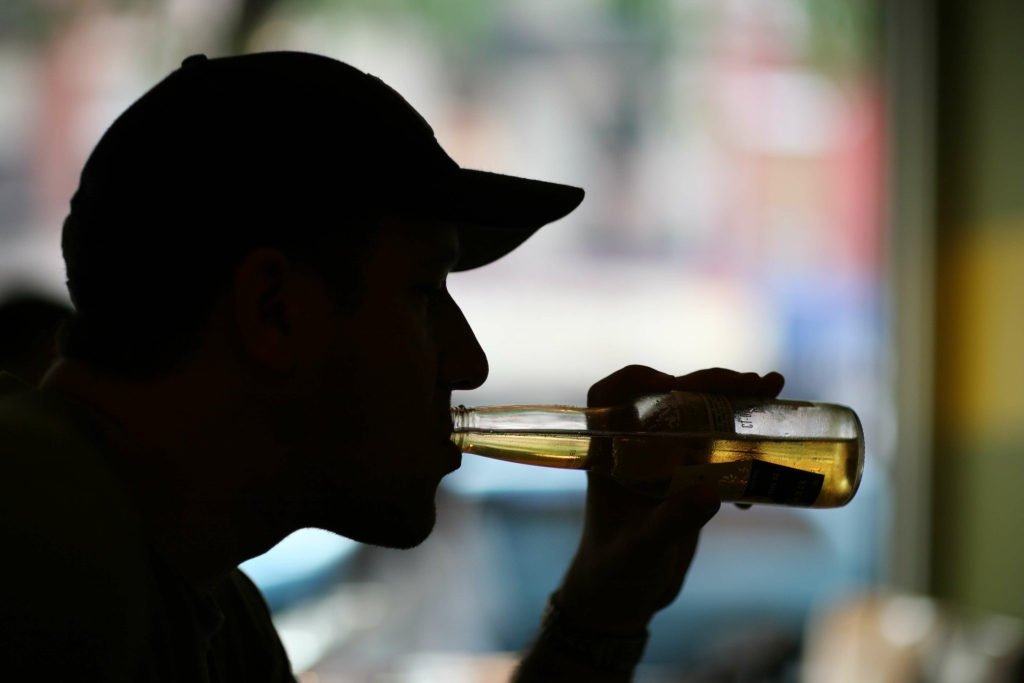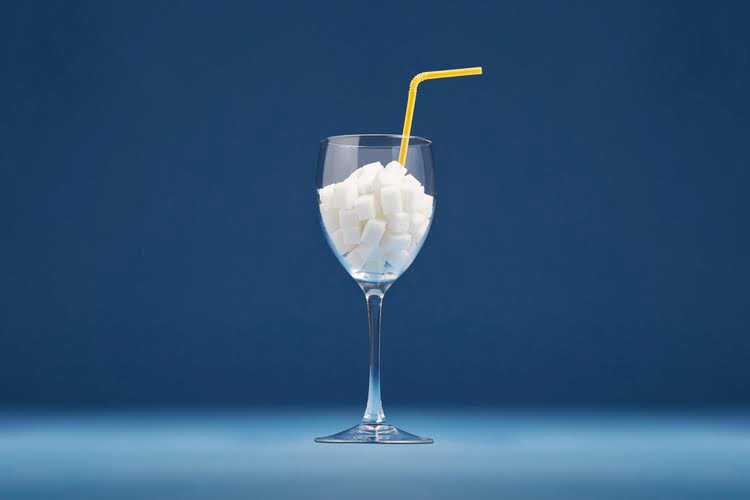Such compounds irritate the digestive system, leading to excessive fluid secretion in the intestines, exacerbating diarrhea and heightening the risk of dehydration. Nasal congestion congested after drinking related to illness is typically caused by an upper respiratory tract infection such as a cold. If your baby is showing any of these signs, it would be a good idea to visit the pediatrician as these symptoms could denote a more serious illness, such as RSV. Nasal congestion is also one of the primary symptoms of the common cold virus. Saline drops and a NoseFrida (or a bulb syringe) are very helpful in relieving some of the congestion caused by a cold.
Bronchiectasis and Mucus Production
- These include opting for wines with lower sulfite content, drinking in moderation, consuming a meal before drinking, and staying well hydrated.
- Moderate coffee consumption, typically defined as up to 400 milligrams of caffeine per day (about 3 to 4 cups of brewed coffee), is generally considered safe for most adults.
- Ok, so now that we’ve answered the question – why does my nose get stuffy when I drink?
- Saline nasal sprays are easy to use, but nasal irrigation is more effective.
- However, caffeine’s vasoconstrictor properties can also have negative effects on the nasal passages and sinuses, particularly in individuals with pre-existing conditions such as rhinitis or sinusitis.
In addition, various ingredients found in alcoholic beverages have the potential to trigger an allergic reaction in some people. The bad news is that you can’t really do much about it, or that unwelcome nasal congestion that comes along with it, aside from just not drinking alcohol. For many people, more than 2 ounces of alcohol can lead to triggering allergies which is also termed as alcohol allergy. This can again make your nose get stuffy when you drink alcohol with some complaints, which may need medical treatment. Well, excess of histamine eventually makes you more prone to falling ill.
Does aging wine affect its potential to cause nasal congestion?

Alcohol metabolism plays a significant role in such reactions, as the body’s inability to break down alcohol components efficiently leads to persistent intolerance symptoms. Unlike a true allergic response involving the immune system, alcohol intolerance results from the body’s metabolic limitations and typically occurs every time alcohol is consumed. Additionally, adding steam or hot water to coffee, as in the case of lattes or Americanos, may help loosen mucus and reduce throat irritation, providing some relief from congestion. Ultimately, the best brewing method for reducing congestion will depend on individual preferences and sensitivities, and experimentation may be necessary to find the optimal approach.
Milk and Mucus: Why Dairy is The Major Cause of Your Phlegm, Mucus and Congestion Issues
The ways you can get rid of alcohol intolerance symptoms are listed below. Currently, no cure exists for the condition because genetic factors primarily cause the body’s inability to process alcohol efficiently. No treatment alters how the body metabolizes alcohol, meaning individuals with intolerance are always susceptible to experiencing adverse reactions. Individuals with alcohol intolerance experience cramping, bloating, or urgency after drinking, further straining intestinal function. Recurrent diarrhea following alcohol intake signifies increased sensitivity to Oxford House specific components, necessitating careful selection of beverages.
The impact of coffee on congestion also heavily depends on individual sensitivity to caffeine and other compounds in coffee. Some people may be more sensitive to the effects of caffeine, experiencing jitters, anxiety, and an increase in heart rate even at low doses. This heightened sensitivity can influence how coffee affects their congestion, potentially leading to worsening symptoms. While coffee can provide temporary relief from congestion due to its decongestant properties, it can also potentially worsen congestion in some individuals. The key to understanding this paradox lies in the individual’s response to caffeine and other compounds found in coffee. Whether it’s a glass of wine, a pint of beer, or a tumbler of your favorite whiskey, drinking alcohol is often a staple at social gatherings and something most people enjoy doing to help relax.
- Furthermore, coffee’s acidity and diuretic properties can also lead to stomach upset, heartburn, and increased urine production, which may be uncomfortable and disrupt daily activities.
- After all, alcohol can be part of a nice dinner with friends or a weekend by the lake.
- If you get gustatory rhinitis, there are many treatments and management methods to choose from.
- While parents may have valid reasons for avoiding milk, such as being vegan, allergies and mucus production shouldn’t be one of them, Larkin said.
- While any type of wine can potentially trigger nasal congestion, some people may find that red wine is more likely to cause this reaction due to the higher levels of histamines it contains.
Alcohol intolerance upsets the stomach lining, making individuals feel sick and causing nausea or the urge to vomit. Acetaldehyde buildup, combined with excessive stomach acid production, leads to digestive distress. Alcoholic drinks trigger asthma symptoms or exacerbate pre-existing asthma. More than 40% of individuals with asthma reported symptoms induced by alcohol, with 30-35% suffering exacerbated asthma. Alcohol intolerance is considerably more common than an actual alcohol allergy.

While all alcoholic beverages can trigger symptoms, people report that red wine causes the most symptoms. For some people, the symptoms are due to alcohol intolerance or alcohol hypersensitivity. Another group of people have allergies to some of the ingredients in the liquor, such as tannins, sulfites, and histamines.

While an increase in heart rate is typically not dangerous in itself, it may cause additional stress levels in individuals that already suffer from a high stress lifestyle. Firstly, it is important to understand why drinking coffee could be causing our nose to run. Medical experts agree that caffeine is a central stimulant to our systemic autonomic nervous system. This means that the hormones released by our body in response to the consumption of caffeine can cause an increase in stimulation in the nasal mucosa. This leads to the production of extra mucus, resulting in a congested nose, or what is commonly known as a “runny nose”.
Can de-alcoholized (non-alcoholic) wine still cause congestion?
When ALDH is absent from your body, too much of histamine will circulate in blood which leads to problems like inflammation. Your nasal chambers can fall prey to inflammation and itching leading to and problems related with stuffy nose or sinus congestion. Stuffy nose problem is also termed as sinus congestion which often occurs due to presence of preservatives like sulfur dioxide. To understand what causes stuffy nose on drinking alcohol, it is necessary to understand certain facts. https://www.h1tags.com/alcohol-drinkers-nose-red-purple-bulbous-nose-5/ Like many medical terms, vasomotor rhinitis sounds ominous but generally is not.



